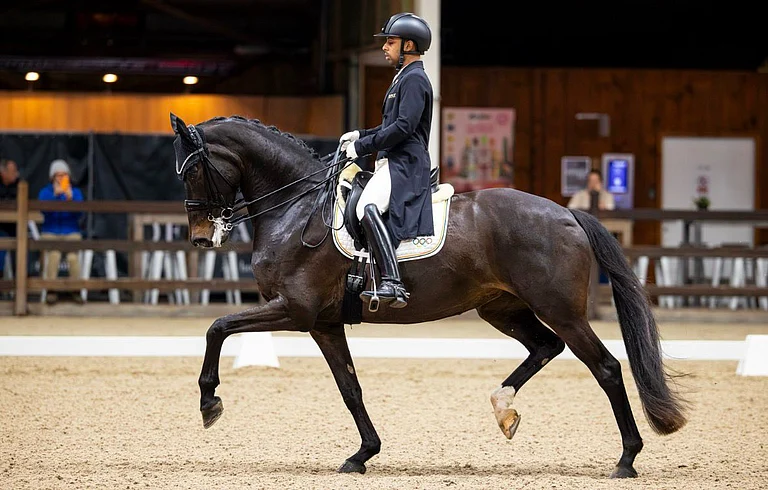When B.S. Yediyurappa inducted 17 ministers into his cabinet three weeks after he became the Karnataka chief minister, he had to not only wait for a go-ahead from Delhi, but also appoint three deputy chief ministers. To most observers, it was a sign of the BJP’s central leadership taking firm control of a chequered state unit.
The choice of deputy CMs—Govind Karjol, Laxman Savadi and C.N. Ashwath Narayan—came as a surprise to most party members as well, given that they had trounced some of the old guard to the post. But it was clear that the caste combinations had been carefully worked out. Karjol, a senior leader, belongs to the Madiga community. One of the most backward amongst the scheduled castes of Karnataka, the Madigas have long felt neglected and increasingly shifted support to the BJP. Although Savadi and Narayan are from the dominant Lingayat and Vokkaliga communities respectively, they weren’t prominent faces—Savadi had contested from Athani in the 2018 state polls, but lost, and Narayan is a first-time minister. This, some say, is an indicator that the BJP top brass is looking to groom a second line of leaders in the state. It also means that Yediyurappa, the party’s frontman, isn’t being given a free rein like in the past.
The BJP also sprung a surprise with the appointment of three-time Lok Sabha MP Nalin Kumar Kateel as the state president. An RSS man from Dakshina Kannada, Kateel, as some of his party colleagues pointed out, isn’t a familiar face outside the coastal region, where Hindutva has deep roots. But some contend the choice reflects the party’s quest to strengthen its organisational set-up in the state.
Over the years, the BJP has come to depend on powerful local leaders who represent their communities—like Yediyurappa, whose Lingayat community currently forms the BJP’s biggest support base, or B. Sreeramulu, a Valmiki leader. Simultaneously, it had brought in several leaders from other parties to broaden its reach, which led to tensions within the BJP. “The BJP’s growth in Karnataka has never been organic. The central leaders have sensed this, so they want to build the party on a solid footing,” says political analyst A. Narayana.
“The difference between the BJP in Karnataka and other states is that the RSS was the base here for the party to grow,” says political commentator Harish Ramaswamy. “With Kateel at the helm, the party is evidently looking at altering the existing power structure.”
But even if the new appointments rattled the senior leaders and BJP loyalists who were overlooked, the dissent has not been vocal. “It’s almost like the old Congress,” says Ramaswamy, referring to the high-command culture of the grand old party. “They (BJP) have a no-nonsense leadership. If you want to rebel, where will you go?” Most observers believe that BJP leaders in Delhi initially wanted to go for fresh elections rather than stake claim to the government, given the political uncertainty.
The BJP came to power in end-July after toppling the Janata Dal (Secular)-Congress coalition government. The fate of the 17 disqualified MLAs—whose absence from the vote of confidence led to the fall of the coalition—is uncertain as their lawsuit is still pending before the Supreme Court. So far, the chief minister has only filled half of the 34 ministerial positions he can appoint, which means the BJP will have to execute a fine balance of keeping both party loyalists and disqualified legislators in good humour. Besides, the BJP still has to pull off the tricky task of winning seats in by-elections to retain its majority in the Karnataka assembly.
The JD(S) and Congress, meanwhile, seem back to square one after their short-lived coalition experiment. Recently, H.D. Deve Gowda and Siddaramaiah engaged in a blame game over the coalition’s downfall. With the admission that the alliance didn’t work on the ground, both parties are striking out on their own as they gear up for the bypolls. Both face challenges, points out Harish Ramaswamy, with the Congress’s woes stemming largely from the disarray in the party at the national level.
By Ajay Sukumaran in Bangalore


























